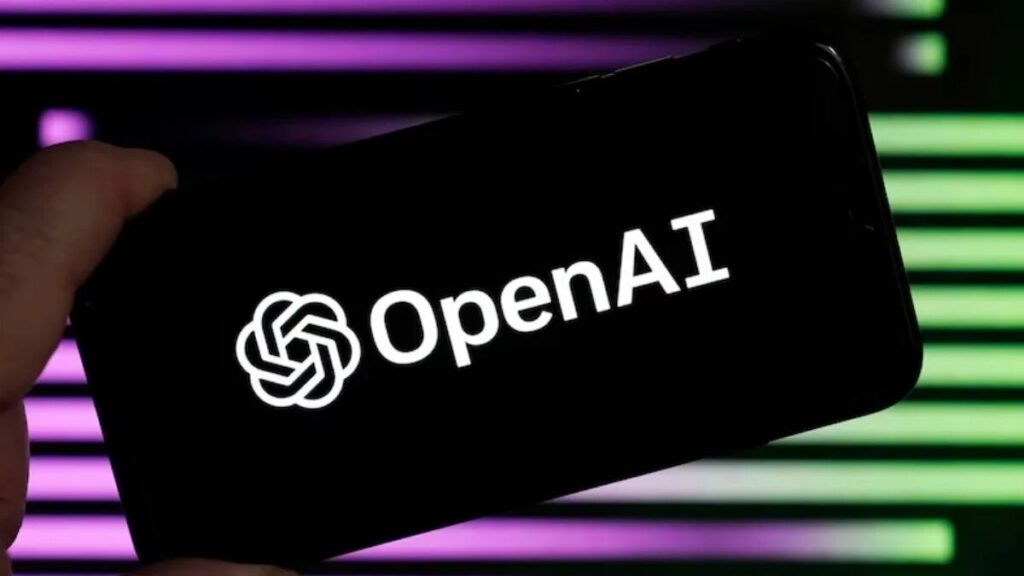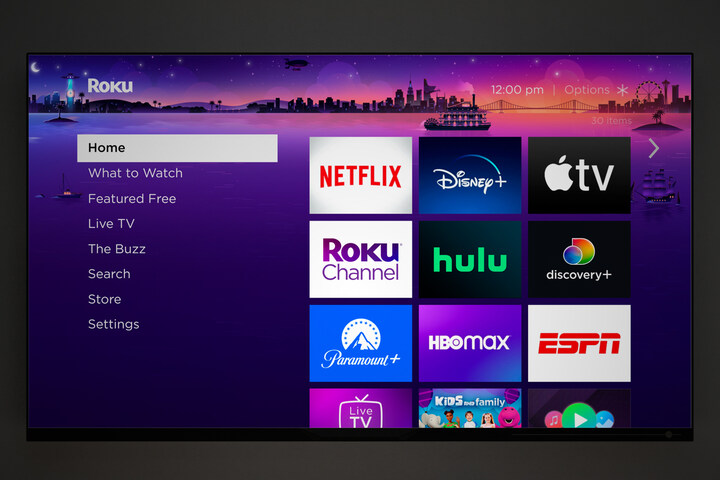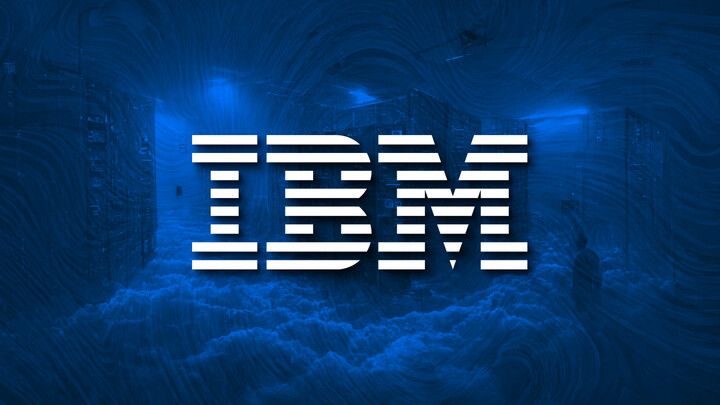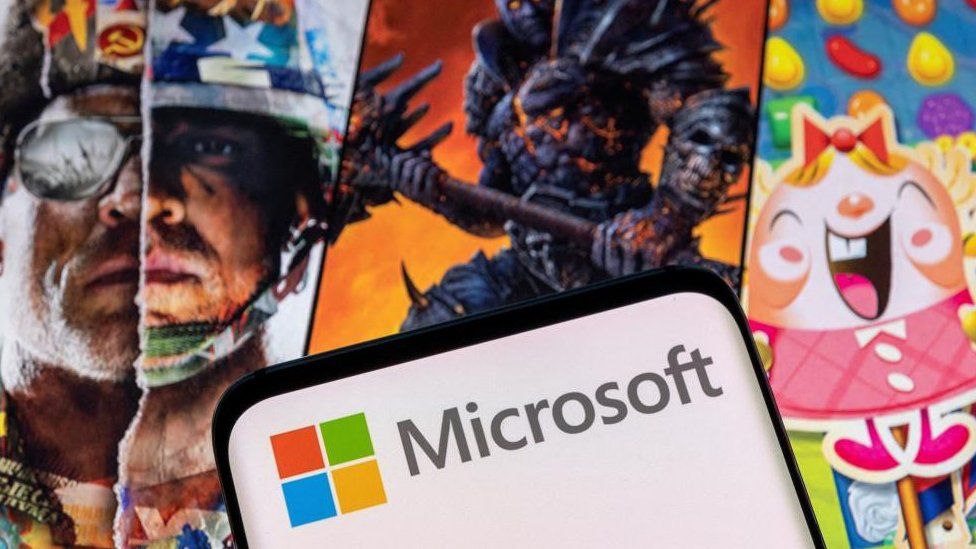From Candy to Billions: The Success Story of John Franklyn Mars
John Franklyn Mars is an American businessman, born on October 15, 1935. He made a significant portion of his wealth from the family-owned firm. When their father passed away in 1999, John, along with his siblings Jacqueline, and Forrest Junior, received shares in the candy company Mars, Inc.
American conglomerate Mars, Inc. produces candy, pet food, and various other food items in addition to offering services for caring for animals. According to Forbes, it is the sixth-largest privately held firm in the country.

The Mars brand is well-known for its confectionery products, including Mars bars, M&Ms, Skittles, Snickers, Milky Way bars, & Twix, as well as non-candy snacks and foods. Not only that, but Mars also produces well-known pet food brands, which include Pedigree, Nutro, Whiskas, and Royal Canin.
John Franklyn Mars, the 29th-richest individual globally as of July 24, 2020, is projected to have a net worth of 31.3 billion USD, as per Forbes. But it wasn’t the only factor that propelled him to the top of Forbes’ list, his loyalty to the company also helped him cross many hurdles in life.
Also Read: From Homeless to Millionaire: Penny Streeter Success Story
John Mars entered his family’s firm in 1953 after earning his degrees from Yale University and the Hotchkiss School located in Lakeville, Connecticut, where he was born in 1935 to Forrest Mars Senior, who had a significant impact on the development of the business.
When John was a young child, his father declined to spend money on a luxury lifestyle so that he could grow his business, teaching him valuable lessons about sustainable lifestyles with food and money.
As time passed, he formed the practice of working for whatever he desired in life, refusing to accept privileges such as posh clothing, vehicles, or other luxuries. To make John and his brother Forrest Mars Junior useful people rather than playboys, their father subjected them to this hard lifestyle.
John Franklyn Mars was rewarded for his effort in childhood when he was young and able to support himself. John began serving in the US Army after receiving his Yale diploma in 1956 and served there for two years, from 1956 to 1958. With his father’s permission, he joined the family business. His first task was to launch an Australian pet food firm far from his home.
Even though the mission was difficult for a beginner businessman to complete, he purposefully came to Australia and began working on it. He developed his business steadily while picking up numerous lessons along the way, and today he oversees the company’s global pet food operations.
Another issue arose when, for the first moment in the entire history of the business, Hershey overtook Mars as the number one firm in the United States in 1988, demoting it to second place.
John helped his brother, Forrest Jr., restore the firm to its former status at this time, by acquiring Ethel M Chocolates, a business that their father had started after giving them control of Mars. This measure increased the company’s operations, and when combined with some wise choices, it helped the business regain its respectability in 1991.
John overcame every challenge on his way to becoming a prosperous businessman and is now regarded as Mars’ major leader and main intellect.
He is also credited with pushing the company towards automation, which enabled it to expand outside of the United States by improving productivity. So, John Mars’ training in the initial aspect of life made him reach unprecedented heights of accomplishment.

I am a student pursuing my bachelor’s in information technology. I have a interest in writing so, I am working a freelance content writer because I enjoy writing. I also write poetries. I believe in the quote by anne frank “paper has more patience than person





